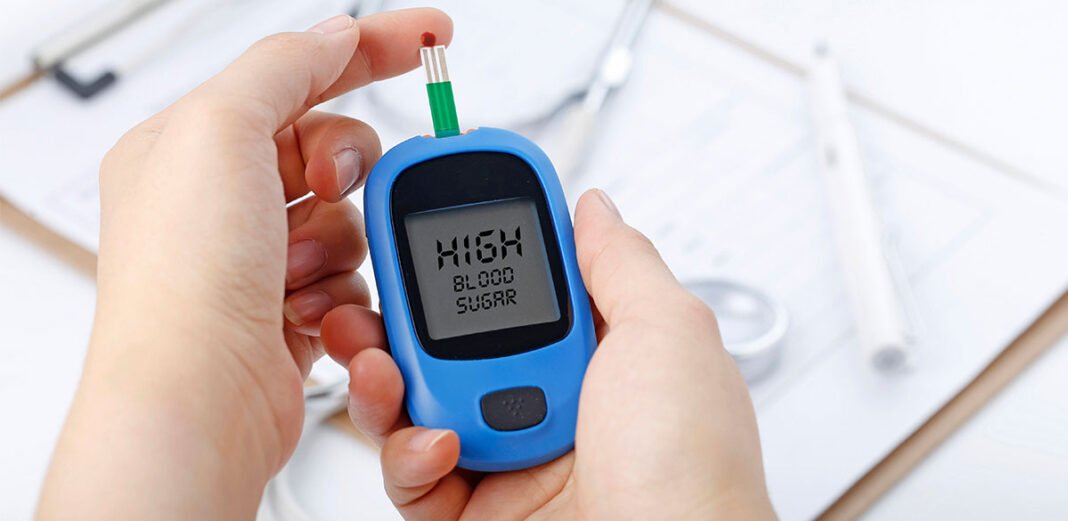In a groundbreaking study published in The Lancet, it has been estimated that a staggering 101 million people in India, accounting for 11.4% of the country’s population, are currently living with diabetes. The study, which is the first to comprehensively cover every state in India, sheds light on the true extent of the diabetes crisis in the country. Additionally, the survey commissioned by the health ministry indicates that a further 136 million people, or 15.3% of the population, could be living with pre-diabetes, putting them at a higher risk of developing diabetes in the near future.
The prevalence of type 2 diabetes, the most common form of the condition, was found to be alarmingly high. Individuals with type 2 diabetes experience high blood sugar levels due to insufficient production of insulin or an inadequate response to the hormone. The study’s findings far surpassed previous estimates by the World Health Organization (WHO), which had projected 77 million diabetes cases and 25 million pre-diabetes cases in India.
Dr. RM Anjana, the lead author of the study and managing director at Dr. Mohan’s Diabetes Specialities Centre, expressed concern over the situation, referring to it as a “ticking time bomb.” She emphasized the rapid progression from pre-diabetes to diabetes in the Indian population, with more than 60% of individuals with pre-diabetes converting to diabetes within the next five years.
The decade-long study, conducted by the Madras Diabetes Research Foundation in collaboration with the Indian Council of Medical Research (ICMR), involved an extensive sample size of 113,000 participants aged 20 and above from all states across India. By extrapolating data from 2008 to 2021 using the latest National Family Health Survey, the study aimed to provide a comprehensive assessment of the burden of non-communicable diseases in the country.
The study revealed significant regional variations in the prevalence of diabetes, with the highest rates observed in Goa (26.4%), Puducherry (26.3%), and Kerala (25.5%). However, it also issued a warning about the potential rise of diabetes in states such as Uttar Pradesh, Madhya Pradesh, Bihar, and Arunachal Pradesh, where the prevalence is currently lower.
Notably, the study found that diabetes is more frequent in urban areas compared to rural regions, indicating the impact of changing lifestyles, improved living standards, urban migration, sedentary habits, stress, pollution, altered dietary habits, and the easy availability of fast food. Rahul Baxi, a consultant diabetologist at Bombay Hospital, emphasized that diabetes is no longer solely a disease affecting the affluent or urban dwellers, as he has witnessed an increasing number of patients from smaller towns. Dr. Baxi also highlighted the higher prevalence of undiagnosed pre-diabetes cases and the concerning trend of younger patients being affected.
The implications of the diabetes crisis in India are far-reaching, as the disease significantly increases the risk of heart attacks, strokes, blindness, kidney failure, and limb amputations. Globally, approximately one in 11 adults are affected by diabetes.
The study’s findings underscore the urgent need for comprehensive public health strategies and interventions to address the growing burden of diabetes in India. These efforts should focus on promoting healthier lifestyles, raising awareness about the condition, and ensuring early diagnosis and treatment to prevent the long-term complications associated with diabetes.
India’s healthcare system must prioritize diabetes prevention and management, ensuring accessibility to quality care, particularly in rural areas. Furthermore, initiatives should be launched to educate individuals about the importance of regular health check-ups, monitoring blood sugar levels, and making informed dietary choices. By implementing a multi-faceted approach involving



